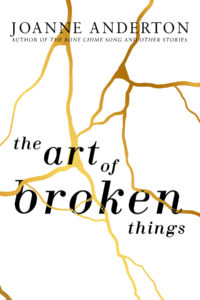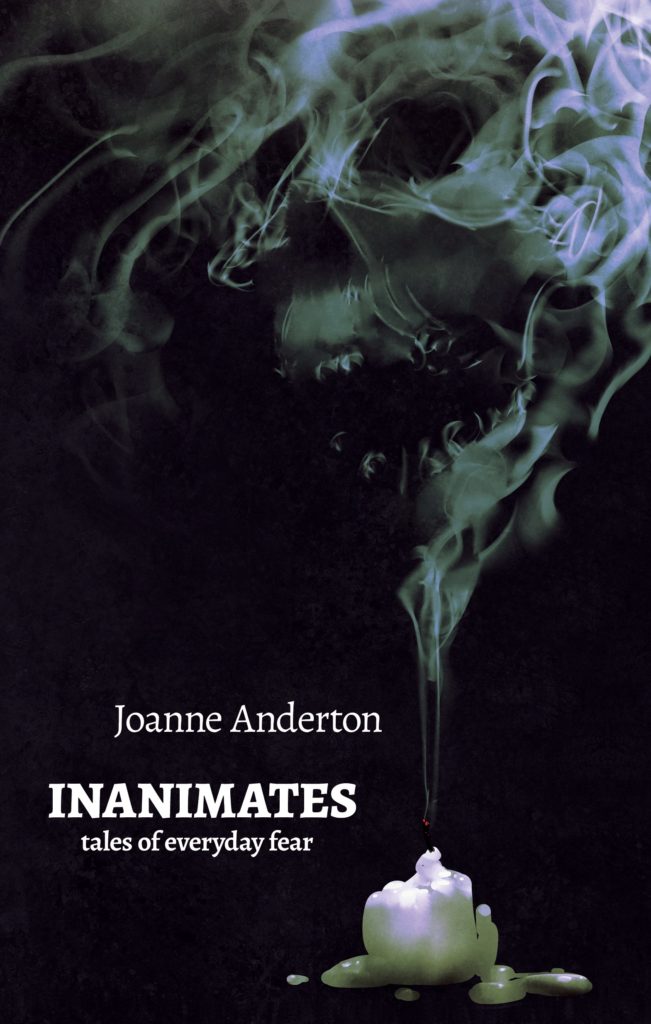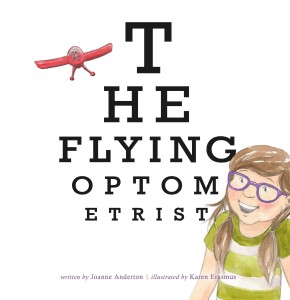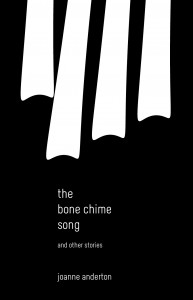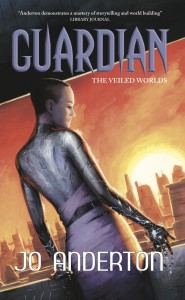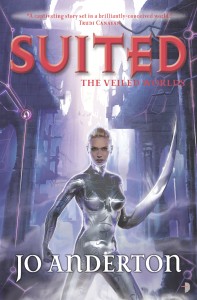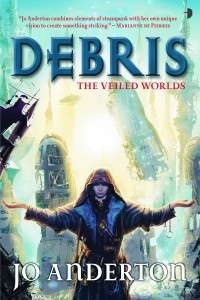EDDINGS RE-READ: THE TAMULI (Domes of Fire, The Shining Ones, The Hidden City)
Because we just don’t have enough to do, Alex, Tehani and I have decided to re-read The Elenium and The Tamuli trilogies by David (and Leigh) Eddings, and – partly to justify that, partly because it’s fun to compare notes – we’re blogging a conversation about each book. We respond to each other in the post itself, but you can find Alex’s post over here and Tehani’s post here if you’d like to read the conversation going on in the comments. Also, there are spoilers!
The Diamond Throne reread is here
The Ruby Knight reread is here
The Sapphire Rose reread is here

Well this is the coolest cover for Domes of Fire I’ve ever seen!
ALEX:
Dear readers,
Here’s an interesting thing. We’ve been writing these reviews in a Google document. This one, entitled Domes of Fire, has existed for a few months without anything being written in it. This is despite the fact that I think we would all have said that we enjoyed the second trilogy a lot, if not as much as the first, and that we all devoured the second trilogy on this re-read just like we did the first.
TEHANI:
Aw Alex. You don’t think all of us being crazy busy had anything to do with it? 🙂
ALEX:
It’s just that…well, there’s not really that much to say. We said most of it with the first trilogy, and the reality is that this second set, the Tamuli, is basically a reworking of the first.
TEHANI:
Heh, I like that Eddings pretty much acknowledges that about halfway through The Shining City:
“It has a sort of familiar ring to it, doesn’t it Sparhawk?” Kalten said with a tight grin. “Didn’t Martel – and Annias – have the same sort of notion?”
“Oh my goodness, yes,” Ehlana agreed. “I feel as if I’ve lived through all of this before.”
JO:
One will not point out similarities to the Belgariad either. Or the Mallorean. One will not.
ALEX:
Almost identical set of people, very similar set up – except just like any sequel, things are More Impressive and More Worse. Not just a puny god, but a serious one! Bhelliom’s not just an object but an imprisoned eternal spirit! Sparhawk is Amazing!!
…ok that one’s not that new.
What follows therefore is a general discussion of the entirety of the Tamuli – what we liked, what disappointed us, etc.
TEHANI:
I think part of the problem was that once we started reading, we just couldn’t stop – having glommed all six books in such short order made it super hard to separate this batch into separate reviews! So this one giant piece is a much more sensible idea.
JO:
Oh that’s absolutely it! I read all six in this big BINGE… and then you wanted me to sit down and be sensible about each one? Can’t I just say ‘yay’ Sparhawk? Also where are my notes…?
ALEX:
I quite like the opening to Domes of Fire proper, with Sparhawk riding through the streets but this time being recognised. It sets up the idea of familiarity and parallels with the first trilogy very neatly, and suggests that it’s all done deliberately. While I do recognise that this is somewhat lazy writing, I definitely understand the appeal of it for readers – because it appeals to me, when its done well: it’s the same reason why people like staying in the same hotel chain everywhere. Familiarity is comforting. I like reading for comfort sometimes.
JO:
I don’t see it as lazy at all. I see it as fanservice 🙂
TEHANI:
You know what else can be lazy writing? The “As you know, Bob” thing, which Eddings employs over and over to let us know/remind us what’s going on. AND I DON’T CARE THAT HE DOES! It’s still completely and utterly readable. I’m not sure what it says about me. Or maybe it’s just that even something “lazy” can actually be done well?
ALEX:
I think it’s done with humour, too, often, and that certainly helps his cause.
JO:
Yeah usually it’s just so much fun to read the ‘as you know’ doesn’t bother me as much as it should.
ALEX:
We are such fan girls.
So, straight into the issues: Danae manipulates a lot of people with kisses in these stories. It made me uncomfortable.
TEHANI:
Yeah. Despite the efforts to show women in positions of power, and able to WIELD that power, with Sephrenia, Xanetia, Ehlana, and even Aphrael/Danae herself and so on, there is still a lot of dodgy gender stuff going on.
ALEX:
Women and power… Ehlana comes into her own, but she does still get damsel’d – again. She shows herself quite resilient etc, but still… I’m really not sure what I think of Melidere. Great that she’s smart. Kinda fun the way she plays Stragen and all – you never see it but I have no doubt Stragen sees himself as a stud. Very uncomfortable about her manipulation of him into marriage. Urgh.
JO:
Yeah the gender stuff in these books really pissed me off by the end. SO MANY of the female characters are ‘strong’ because of their ability to manipulate the men around them. And do so ‘prettily’ so awww it’s actually ok. We got more ‘haha women are obsessed with marriage, poor men’ too.
ALEX:
Yes. Icky.
However and meanwhile, SEPHRENIA AND VANION 4EVA.
TEHANI:
They are so adorable! And I love that even though things get tough, they work things out. I also love they are a mature and completely lovely couple who appreciate and work with each others’ strengths!
ALEX:
And a Styric city! While there are some uncomfortable instances of racism that don’t get dealt with, I think this trilogy makes a sturdy – if, I don’t know, simplistic? – attempt at confronting it. Sparhawk confronting his own prejudices – being willing to protect meek and submissive Styrics but being affronted when they’re all assertive and happy – is a really nice moment.
JO:
Simplistic, definitely. But yes, at least it’s there.
TEHANI:
Yes! An excellently written scene. Very impressive to see this sort of examination of prejudice (however briefly) and the understanding that it can be unconscious and inherent to human nature, and challenging to deal with even when one is self-aware. Sparhawk’s conversation with Stragen where he says, “I just found something in myself that I don’t like.” is so short but encapsulates things very well.
ALEX:
Aw Sparhawk. Poor darling. Also? Older man learning about himself and still growing as a person? That is awesome.
JO:
Yes, very good point! That’s not something you usually see, is it. Older men are so often described as set in their ways etc. That’s a part of Sparhawk’s character I’d not noticed before. And it’s nice that he can be strong in ways like this, not just chopping off heads, but emotionally too.
TEHANI:
I particularly like how this comes around again later, when Vanion confronts Sephrenia about her behaviour towards the Delphae, and he says, “Nobody’s different! We have to believe that, because if we don’t, we deny our own humanity as well.”
ALEX:
And Sephrenia’s whole arc for the last novel or so is dealing with her prejudice against Xanetia and the Delphae.
That said, a “universal sisterhood of all women”?? Uh. No. Not until a lot of other issues are dealt with.
JO:
I have a BIG issue with Xanetia that I’d not noticed before, but this re-reading really hammered it home. She and her ability to read people’s minds are just one big plot device. After all the machinations and the foreshadowing, how do we bring the conspiracy out into the open? Xanetia reads people’s minds. BAM. How convenient.
I like her relationship with Sephrenia and the growth that Sephrenia goes through, but Xanetia herself… she’s just there to tell everyone who the bad guy really is so the story can progress. And it’s a revelation that isn’t earned, at all.
ALEX:
I quite like Xanetia – she’s kind of taken Sephrenia’s role as serene and helpful lady, in this series, because Sephrenia gets a bit more development. But yes, the mind-reading is a leedle too convenient.
JO:
Oh don’t get me wrong, I *like* Xanetia, because she’s an Eddings character so how can you not? I just find her mind reading abilities and their place in the plot a little bit of a cop-out. Same can be said for Bhelliom’s ability to jump around the world in the blink of an eye, but that doesn’t stop it being hilarious and cool.
ALEX:
Also meanwhile, I heart Bhlokw. And the Troll-Gods as a collective.
TEHANI:
They definitely grow on you! I really enjoyed how much more intelligent they are by the end than they are first presented. In fact, Eddings was actually rather clever there – when we first meet trolls, they are scarcely more than animals, but by the end of the series we have come to realise they are a complex culture with a firm religious beliefs and a strong sense of right and wrong. Fascinating really, if you’re looking at it from a tolerance and acceptance point of view…
JO:
Or he hadn’t thought that far ahead and just kinda shoe-horns the trolls into that role… but hey, maybe I’m a cynic.
TEHANI:
The whole religion thing in this trilogy is much more in-depth than in the Elenium I thought. There was more exploration of the idea that Danae is actually a goddess, but one among many, and that the gods and goddesses of Styricum are quite different from the other religions as well. I found some of the discussion, particularly pertaining to the Elene god, rather interesting.
ALEX:
There’s definitely more about religion here. The bits about the exquisite politeness between them – how hard it was to get the Atan god in the right frame of mind – is mostly endearing.
TEHANI:
The discussion of slavery in this series (focussed around the Atans and Mirtai in particular) is interesting. On one hand, that Atans are effectively a slave race, yet they are self-governing and pretty much are the means by which the Tamul empire works. However, Mirtai’s experience in slavery outside of this context was pretty horrific. I’m not sure how to unpack that juxtaposition.
ALEX:
It made me quite uncomfortable a lot of the time. The idea that the Atans had put themselves into slavery to look after themselves seemed way too disingenuous… and the fact that they basically rule themselves and that the ‘slavery’ is largely titular does nothing to make it feel better. Because SLAVERY. And as you say, it does lead to Mirtai having a seriously awful set of experiences.
JO:
Yeah, I agree with you there. It always made me feel uncomfortable. They whole “oh but they WANT to be slaves! They’re better off that way. No really, see if they weren’t slaves they’d all kill each other” made my skin crawl.
TEHANI:
It was good to see Eddings didn’t skip the class issues in this trilogy either. Khalad takes Kurik’s role in examining the nobility, but there are lots of instances where peasants are underestimated and aristocrats proven silly. Does it go too far, do you think?
ALEX:
I think it does, mostly because Our Heroes are almost all nobly born but they’re not idiots – which just adds to their exceptionalism. Which is now so overloaded it’s groaning.
JO:
Aristocrats who aren’t knights are usually the silly ones. Funny that.
ALEX:
Do you know, I don’t think I’d picked up that differentiation! and you are so right!!
TEHANI:
I originally read these trilogies in the wrong order, with the Tamuli first, and I still think that Eddings did a really great job with them. I didn’t ever feel when reading that I didn’t know the characters and it was never a problem figuring out what had gone before, or the dynamics of the relationships. Not because Eddings over-explained, but because the characters are so well-drawn. Take Kurik and Khalad for example. They essentially play the same role in the two trilogies, but they are still distinct people (and it’s lovely that Sparhawk never stops missing Kurik throughout the books). That’s not easy to achieve with a large cast.
JO:
It still breaks my brain that you read them out of order!
ALEX:
Me too!! That’s just… inconceivable 😉
Anyway – it would have been so easy to treat Kurik as “hey, remember that guy?” I’m so glad the Eddingses didn’t. I really like Khalad.
JO:
And the brief moment where we get to see Kurik again… *sniff*
TEHANI:
The way Bhelliom slowly grew a personality was sweet – I particularly liked the scene where Sparhawk has it create a wall to stop the trolls, and when Sparhawk compliments the wall, it gets all self-deprecating. I also enjoyed the point where Aphrael realises that it seems Bhelliom had actually manipulated her into the events of the world, rather than her machinations being at her own instigation.
ALEX:
Oh I do love Bhelliom. Referring to the Earth as its child is so cute! And that brief SF moment of showing other worlds, and the alien soldiers they’re fighting, is quite weird. The discussions of origins is fun.
JO:
Oh me too! Love how it starts off all formal and uber-god-like, but Sparhawk and the gang rub off on it. Soon enough its cracking jokes. Pure Eddings.
TEHANI:
Some favourite quotes:
“I wish she wouldn’t do that,” Stragen complained.
“What’s the problem?” Kalten asked him.
“She makes it seem as if the light in her eyes is the sun streaming in through the hole in the back of her head. I know she’s far more clever than that. I hate dishonest people.”
“You?”
“Let it lie, Kalten.” (Domes of Fire)
“Is she speaking for all of us?” Talen whispered to Berit. “I didn’t really have a girlhood, you know.” (Domes of Fire)
“You’re all just itching for the chance to do Elenish things to those border guards.”
“Did you want to do Elenish things to people, Ulath?” Kalten asked mildly.
“I was suggesting constructive Elenishism before we even got here.” (The Shining Ones)
“Thine Elenes are droll and frolicsome, Sephrenia of Ylara,” Xanetia said.
“I know, Anarae,” Sephrenia sighed. “It’s one of the burdens I bear.” (The Shining Ones)
“Knights, your Grace,” Komier mildly corrected his countryman. “We’re called Knights now. We used to be brigands, but now we’re behaving ourselves.” (The Hidden City)
ALEX:
omg I loved that we got more of the Preceptors in these books. Also eeee Bergsten!
JO:
Personally, I never understood the ending. Would you really give up godlike powers to live a normal life? I mean REALLY? Maybe that’s just me, but that’s never rung true to me. Hmm superamazingmagic or your ‘humanity’. I’ll take the powers thank you very much. (My husband informs me that yes, this is probably just me…)
TEHANI:
He knows you well…
ALEX:
It would have been a very different book if that had happened; Sparhawk would not have been the hero we know if he had kept the powers. I’m not saying I wouldn’t read that book, but I think it would have been super jarring. For all he’s awesome etc, there is an effort to make him at least a little humble, and certainly content with his station in life. Staying a godlike being would have been a serious curve ball.
JO:
Maybe I should change that to – I never understood Sparhawk’s choice at the end. I mean yeah, totally works from a character and story telling point of view but… god-like powers man! I’d keep ‘em 😀
TEHANI:
So the verdict? Clearly we still loved the experience of reading these novels again — not just a nostalgia trip but a genuine pleasure. And yet, with the weight of experience and a few years, we also can clearly see there are problematic elements with the books that we may not have noticed when we first fell in love with them, or they may not have seemed quite so concerning then. Is it okay to like books even though they are flawed?
JO:
This is pretty much what we decided for the first three, wasn’t it? Yep, flawed but still so much fun. I think it’s perfectly reasonable to like any media AND be aware of its flaws at the same time. I know that a big part of it for me is that I read these at just the right time and fell so completely in love with them. That feeling stays with me, flaws and all.
ALEX:
As you say, I think that loving any problematic thing is ok – we’re women, we kinda have to be ok with it on some level, right? Doesn’t mean we shouldn’t point out the flaws and work for things to be better, but nothing is going to be perfect and accepting that can sometimes be ok… I think? I hope so. Because while I may never read these again (although I wouldn’t rule it out!), this has been a fun ride.

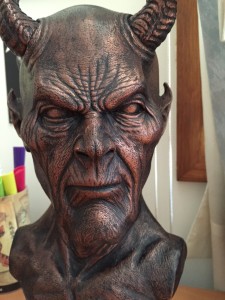
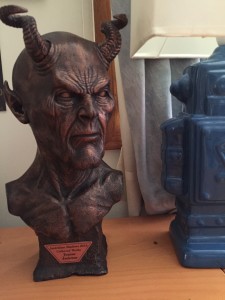
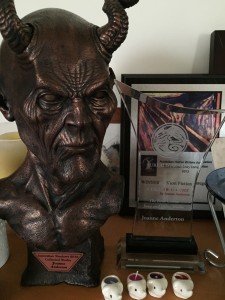
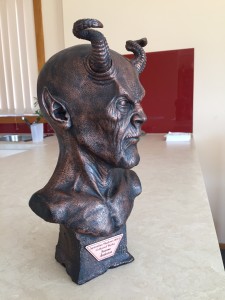


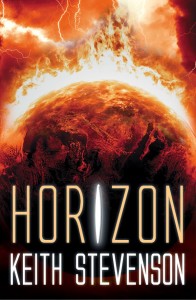 — Engage: Tinkering With a Quantum Drive
— Engage: Tinkering With a Quantum Drive